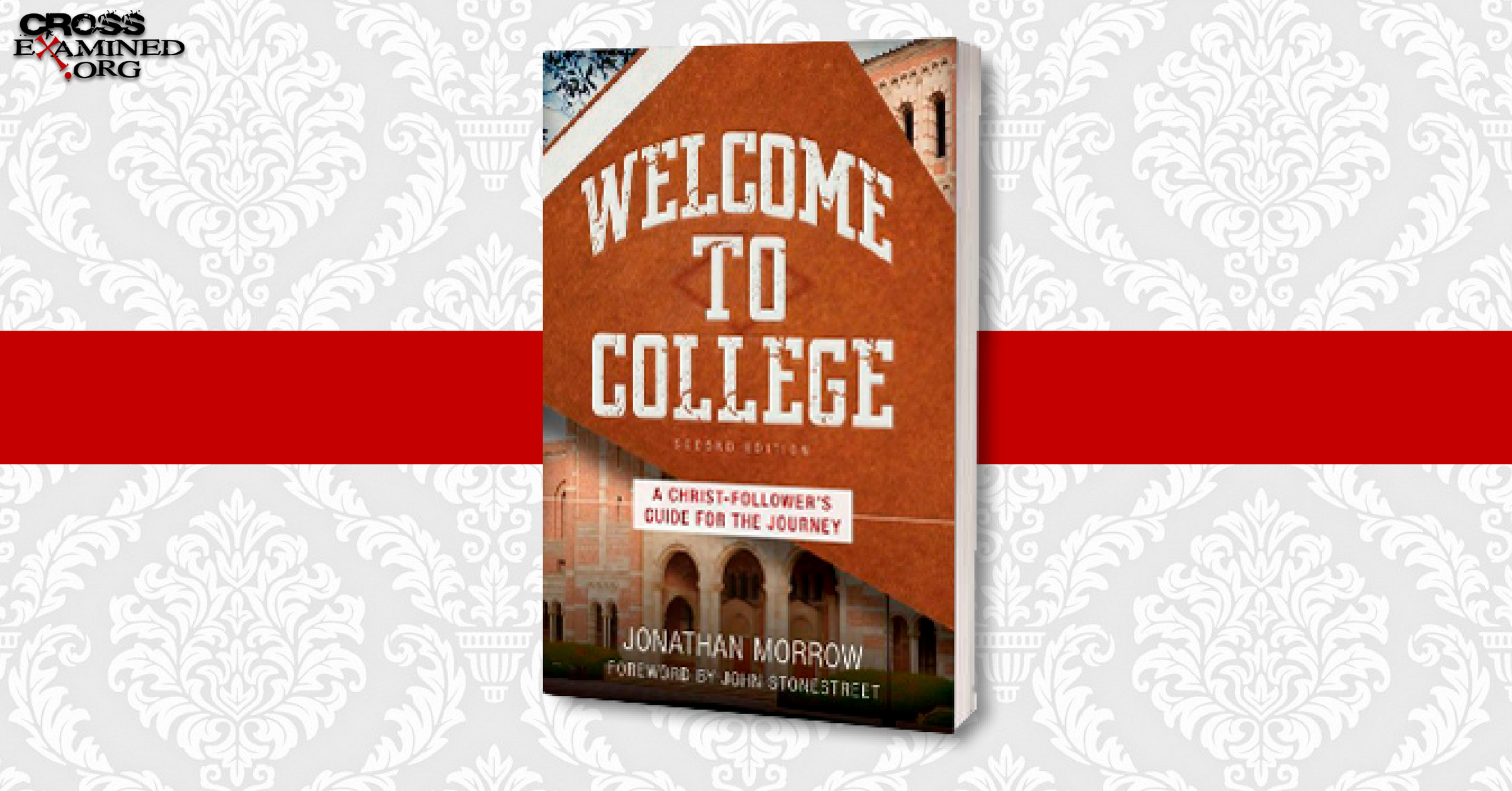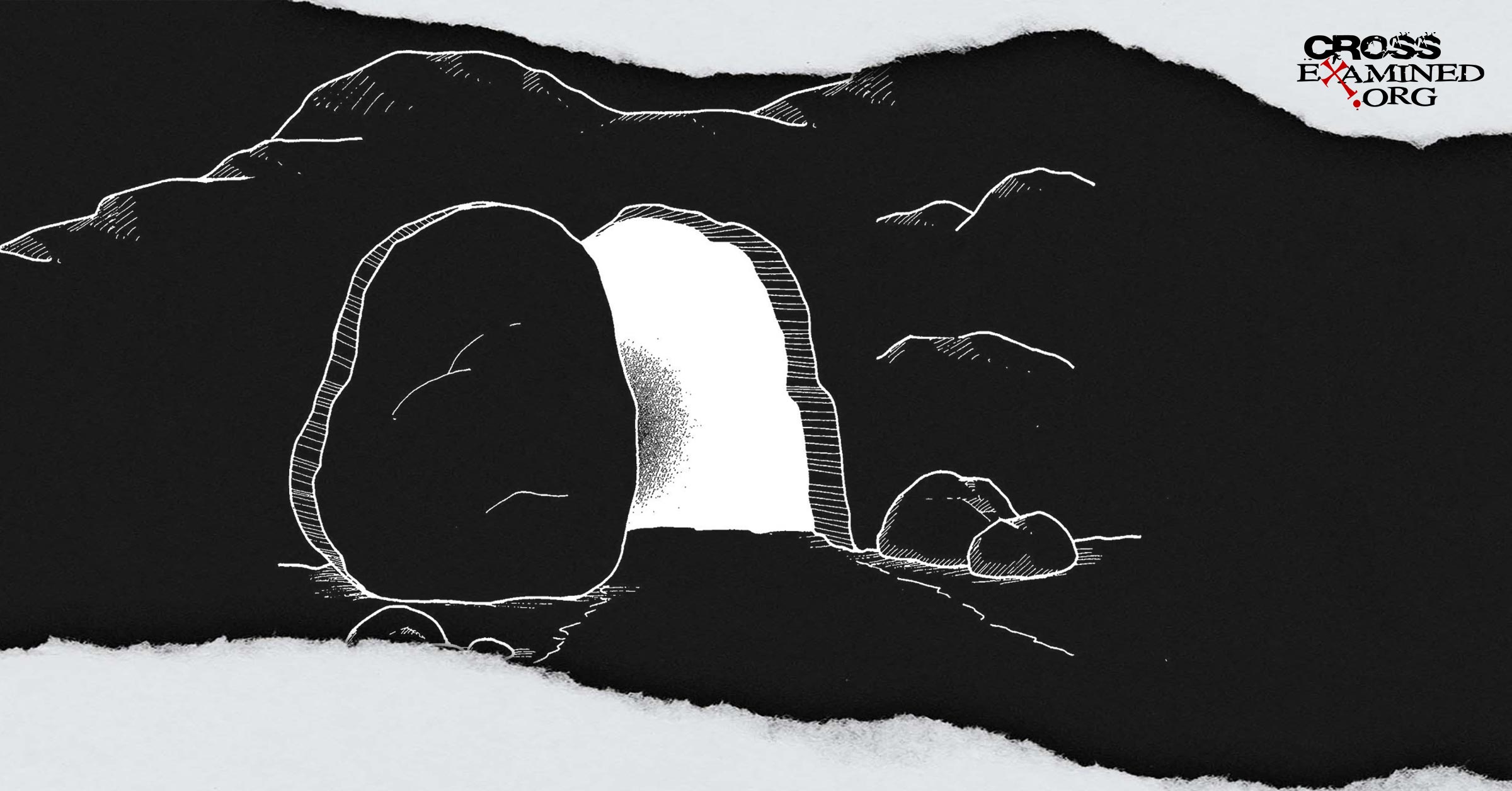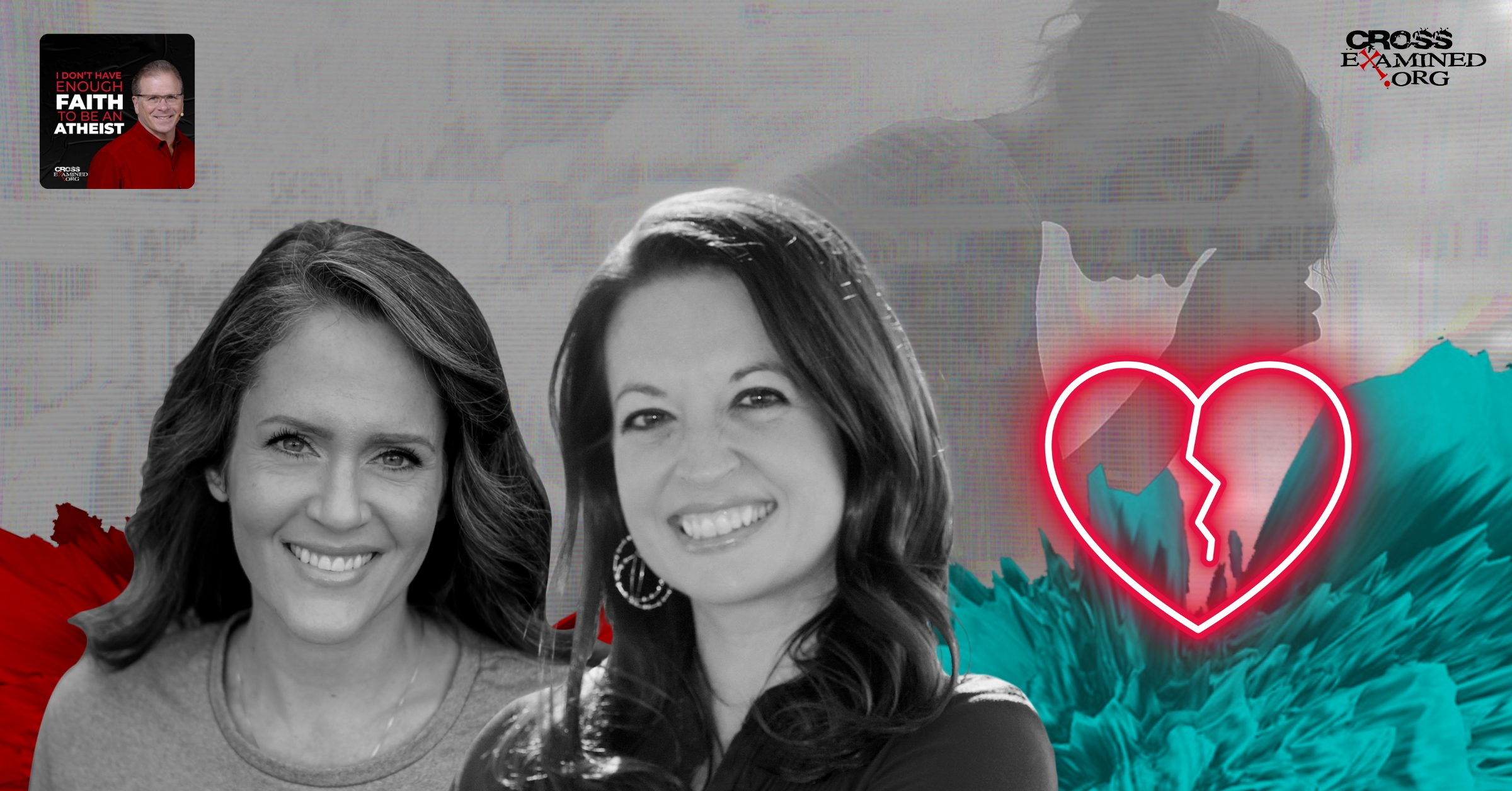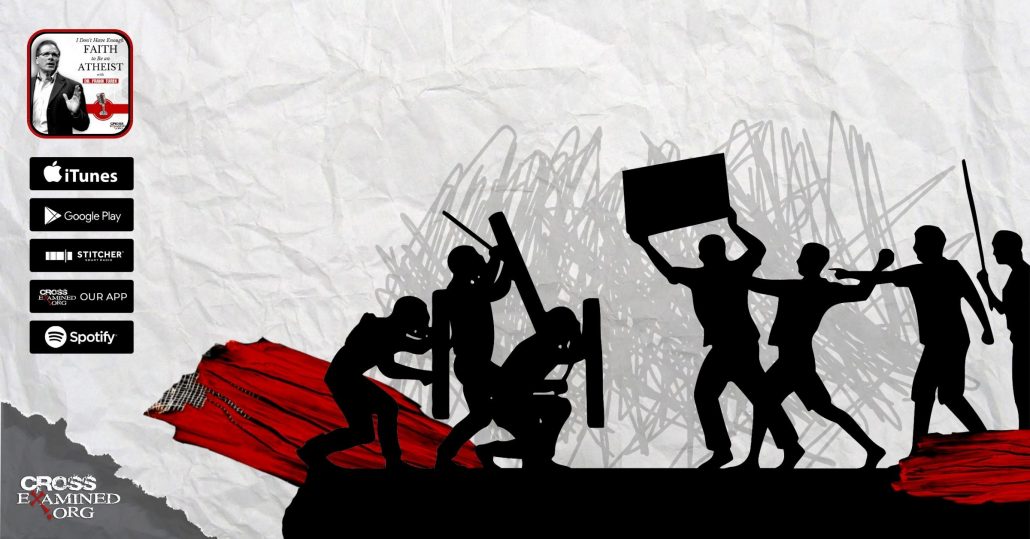Apologetics as Conversation
Hey, Can We Talk?
Seeing apologetics as a conversational ministry
There’s an Indian proverb that says, “You don’t cut off a man’s nose and give him a rose to smell.” I first heard this from Ramesh Richards, who applies this idea to apologetics. He says that sometimes, in the midst of talking about God, Jesus, or the Bible with skeptics, some Christians seem to “destroy them in the process of contest and debate.” That stuck with me.
While apologists often cite 1 Peter 3:15, focusing on the command to be “prepared to make a defense to anyone who asks you for a reason for the hope that is in you,” some tend to neglect the rest of the command, “yet do it with gentleness and respect.” Think about apologetics training in a church or school context. Each lesson usually focuses on philosophical, theological, or historical issues, and the instructor often gives less attention to the personal aspects of practical engagement in everyday conversations. The content isn’t bad, but we need practical training for having conversations, too.
So how can we approach difficult spiritual conversations? At the Hendricks Center, we’ve dedicated a number of episodes on the Table Podcast dedicated to exploring the concept of dialogical apologetics—a practical approach which sees apologetic engagement not merely as a debate but as genuine dialogue.
In this post, I’ll share three ideas we need to incorporate into the way we think about engaging in apologetics: First, we need to see apologetics as a ministry. Second, we need to adapt our approach to a shifting culture. Third, we need to earn the right to be heard–especially in difficult spiritual conversations.
See Apologetics As Ministry
While some Christians seem reluctant to discuss the faith with their skeptical friends, others seem almost too eager to tear down objections and refute people’s challenges to Christian truth claims. What kind of attitude should we have as we prepare for difficult spiritual conversations? How can we alleviate some of the tension, so we don’t automatically get defensive? On an episode of the Table Podcast called, “How to Engage in Spiritual Conversations,” Mary Jo Sharp talked about seeing apologetics as a ministry. She said:
The first thing I want to demonstrate to a person is that I care about them. So, what we’re about to discuss is all wrapped up in, “Do I really want to serve this person?” I’ve had atheists tell me they felt like Christians made them a project. Like they just wanted to throw their [talking] points at them, and if they weren’t ready to accept those points, they just walk away. That makes them feel like a project rather than a person. I want to avoid that…
Many Christians don’t talk to other people about their faith because they don’t know their faith. They are not trained in essential Christian doctrine. They’re not comfortable in their Christian skin… We have to know what we believe and why we believe it. Early on in Christianity, I felt intimidated to share my faith with others, because I didn’t know why I believed it. And that’s just vital to having an effective conversation where you don’t get defensive—knowing your own beliefs.
So, knowing what you believe and why you believe it can give you the confidence you need to engage in spiritual conversations. But even before we start to engage, let’s look at apologetics as a ministry. Who says apologists have to be stern or super serious all the time? Sometimes we get a bad rap as the kinds of people who walk into conversations looking for a fight. But ministry means service. I believe there is apologetic value to remaining calm in difficult spiritual conversations and genuinely serving the other person.
When you have confidence in the truth of the Christian worldview, it should allow you to minister to the person by listening to their views and the stories behind them. Approaching these encounters with a desire to minister to the person can reduce the tension you feel. And it can help you avoid getting defensive or becoming argumentative.
Adapt to a Shifting Culture
While the truth hasn’t changed, challenges to the Christian worldview have evolved. And we need for a new generation of apologists who are sensitive to current conversations around transgenderism, religious freedom, and the intersection of faith and vocation. What kinds of issues are people already talking about as they try to sort out the tensions of life? These kinds of hot-button issues especially need to be approached from the standpoint of dialogue, not debate.
On an episode of the Table called, “Truth, Love, and Defending the Faith,” I sat down with Sean McDowell to talk about how the next generation of apologists can engage the culture in rapidly-shifting times. He said:
Truth remains the same, but culture changes. A new kind of apologist is [a Christian who says], “Let’s take stock, because a lot of things have changed around us today. Let’s make sure that we’re communicating the gospel and defending the faith in a way that’s God-honoring and effective in our culture today.”
Back in the second century, there was a group of Greek Apologists like Justin Martyr who defended the faith in a pagan, Greco-Roman context. They had to learn to “read and react” to what was going on in the public square. In the same way, we need a new generation of apologists who are able to address a variety of cultural issues as they make the case for Christianity in the public square today.
Earn the Right to be Heard
So a new kind of apologist sees apologetics as a ministry and adapts to a shifting culture. But he or she also knows how to earn the right to be heard in a society that often pushes back against Christianity. On the same episode, I asked my mentor Darrell Bock about this. Here’s what he said:
There are three important elements: One is earning the respect and credibility of someone by the way you relate to the person next to you, the way you engage them, their seeing your sincerity. Christianity has an inherent critique of the way people live. That’s not an easy thing to deal with. They won’t care about your critique unless they know you care. That’s step one.
The second requires a significant adjustment…We’re used to saying, “The Bible says [a proposition is true] and so it’s true.” That’s how we think about it. “It’s true because it’s in the Bible.” I like to reverse that and get people to think about maybe it’s in the Bible because it’s true…So what makes this true? What makes this authentic about a way to live that we need to probe in order to understand why God would put it in his inspired word?
Because what God is communicating to us are the realities of life and if we appreciate why those realities are the way that they are, why the truth is true…you don’t have to appeal to the Bible for it. You can also appeal for what this means for quality of life, or for human flourishing, the common good, [what] makes it valuable, and you can lead people into reflecting on the nature of what it is you’re arguing for in and of itself without appealing to the Bible for the warrant. For someone [for whom] the Bible is not a warrant—to say “The Bible says it” doesn’t do them much good.
Third, there’s a way to have a conversation across a table with someone that emphasizes that aspect of the equation…[to see] apologetics as a conversation rather than thinking about it as a debate…that is the right tonal way into the conversation.
So there are three things here. One is how you relate, the second is knowing how to make the argument, and this third one is understanding you’re not in a debate, you’re in a conversation and it’s important to draw a person into the topic that you’re talking about.
Conclusion
The Indian proverb gets it right. There’s no point in giving someone a rose to smell if you’ve cut off their nose. But the flip side is also true. A gift of a rose and its smell is especially sweet when it comes from someone who actually cares about you. Let’s see apologetics as a ministry, adapt our approach to a shifting culture, and earn the right to be heard–especially in difficult spiritual conversations.
Recommended resources related to the topic:
Tactics: A Game Plan for Discussing Your Christian Convictions by Greg Koukl (Book)
Practical Apologetics in Worldview Training by Hank Hanegraaff (Mp3)
The Great Apologetics Adventure by Lee Strobel (Mp3)
Defending the Faith on Campus by Frank Turek (DVD Set, mp4 Download set and Complete Package)
So the Next Generation will Know by J. Warner Wallace (Book and Participant’s Guide)
Reaching Atheists for Christ by Greg Koukl (Mp3)
Living Loud: Defending Your Faith by Norman Geisler (Book)
Fearless Faith by Mike Adams, Frank Turek and J. Warner Wallace (Complete DVD Series)
Mikel Del Rosario helps Christians explain their faith with courage and compassion. He is a doctoral student in the New Testament department at Dallas Theological Seminary. Mikel teaches Christian Apologetics and World Religion at William Jessup University. He is the author of Accessible Apologetics and has published over 20 journal articles on apologetics and cultural engagement with his mentor, Dr. Darrell Bock. Mikel holds an M.A. in Christian Apologetics with highest honors from Biola University and a Master of Theology (Th.M) from Dallas Theological Seminary where he serves as Cultural Engagement Manager at the Hendricks Center and a host of the Table Podcast. Visit his Web site at ApologeticsGuy.com.
Original Blog Source: http://bit.ly/2kTOY3P












Leave a Reply
Want to join the discussion?Feel free to contribute!